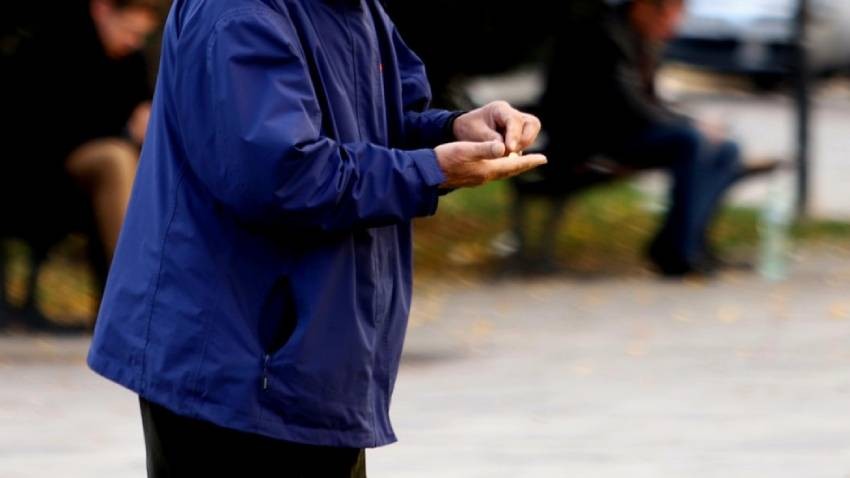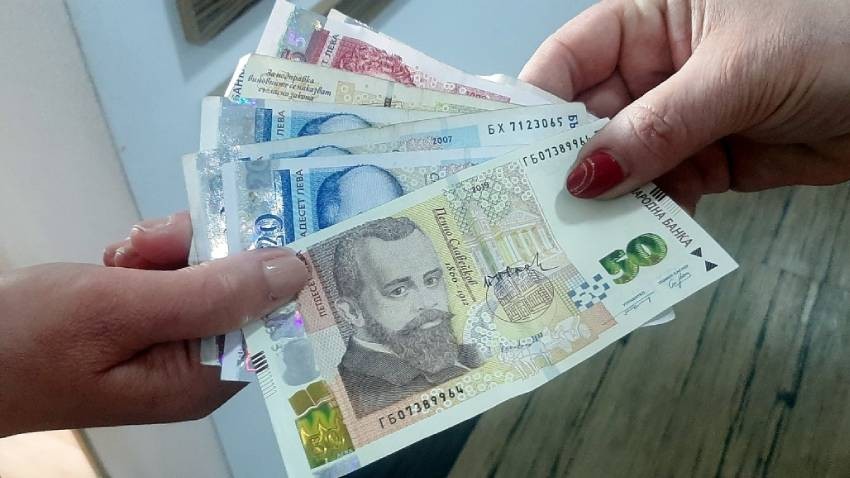A little over 1,450 Leva is the sum needed per month by an individual living in a one-person household, and a total of 2,616 Leva for the monthly upkeep of a three-member household - as is the most widespread model in Bulgaria at the moment (two working adults plus one child under 14). The analysis is by the Institute for Social and Trade Union Research of the Confederation of Independent Trade Unions in Bulgaria (CITUB) which monitors and analyses data regarding prices in relation to incomes every three months of the year in Bulgaria. 
Anyone working in Bulgaria will agree that the sum of around EUR 700 per month covers the cost of the basic daily needs such as electricity, water, heating – and the prices of some of them have gone up since the beginning of the year. Such a sum will also cover the cost of some food – though without any extravagance. However, that leaves no money for education, or culture, a holiday or travel.
65% of the people employed in Bulgaria, however, fall short of EUR 700 a month. Not to mention the fact that, according to National Statistical Institute data, there are around 800,000 people in the country living on an average income of under 1,000 Leva (or EUR 500) – they are the working poor, especially if we take a look at latest inflation data. According to the National Statistical Institute, the prices of petrol, gas and diesel, as well as of water have gone up since February. Experts have ascertained a stabilization of the prices of vegetables, vegetable oil, eggs, cheese and other staples, and the conclusion the trade unions are drawing is that even though there are positive tendencies on the market “in Bulgaria we are very far from closing the gap between the subsistence income (1,450 Leva per month) and the minimum salary (933 Leva per month since the beginning of the year).” That is easy to see if we make a comparison with the other European countries, says CITUB economist Lyuboslav Kostov:
“For example, one employed person in Bulgaria has to work from January until 15 April to earn, in total, a sum equal to one minimum salary in Germany. If we make a comparison with Luxemburg, then it would be May. Comparing incomes in Bulgaria with incomes in these countries we can see how far behind we are from the average European incomes, and this given that the difference in productivity of labour in this country and in other countries is not all that big. Whereas in Bulgaria it is half that in other European countries, there is a 5 times difference in salaries. Which means there is a glaring difference in the standard of living.”
The picture is not rosy for one more reason as well – the growth rate of the minimum salary. It stands at 933 Leva, or half of the average contribution basis for the country, but the demand by the CIRUB is that the minimum salary be adequate to the current essential subsistence costs in Bulgaria. “When this salary comes close to the subsistence salary this means something is being done to protect the interests of the working people in Bulgaria,” says Lyuboslav Kostov. 
“The differences in the prices from the small consumer basket – the staple commodities no household can do without – is also a criterion of where we stand comparted to others in Europe. In Bulgaria, a minimum monthly salary can buy the 20 staple foods no more than 8 times over, whereas in neighbouring Romania, where the inflation rate is higher than it is in this country, a minimum salary can buy them 15 times over, in Germany we go even further – a minimum salary can buy all of the 20 staple commodities 33 times over. The positive tendency is that in the space of one month the number of people with low incomes has gone down by 1%.”

In this regard, the CITUB is demanding that the subsistence salary continue to grow – on a quarterly, as well as on an annual basis. As the trade unionists have noticed that inflation for the small consumer basket has gone up by a little over 4% during the first quarter of the year, they are demanding an increase in salaries for the same period.
Translated and posted by Milena Daynova
Photos: BTA, BGNES
A unique creative workshop "A Small Seed of Kindness" will open its doors on Palm Sunday, and its place is even more special - Garden "Inspiration" in the town of Bozhurishte near the Bulgarian capital. "I love coming here. Look at the smiles of..
The opportunities for high-quality higher education in French in Bulgaria will be presented during an educational exhibition in Skopje. The event is part of the campaign "Continuons en français - let's study in French in Bulgarian..
April 8 is the day when Roma people around the world celebrate their identity. " International Roma Day is a time to show that we are part of the Bulgarian nation, of the European community and contribute to the development of local, but also global..
The prices of Easter goods are rising The Easter meal in the Balkan countries will be more expensive this year, BTA reports...
Residents and visitors to Sofia will have the opportunity to learn more about Bulgarian scientists working in Antarctica and their important role in the..

+359 2 9336 661
